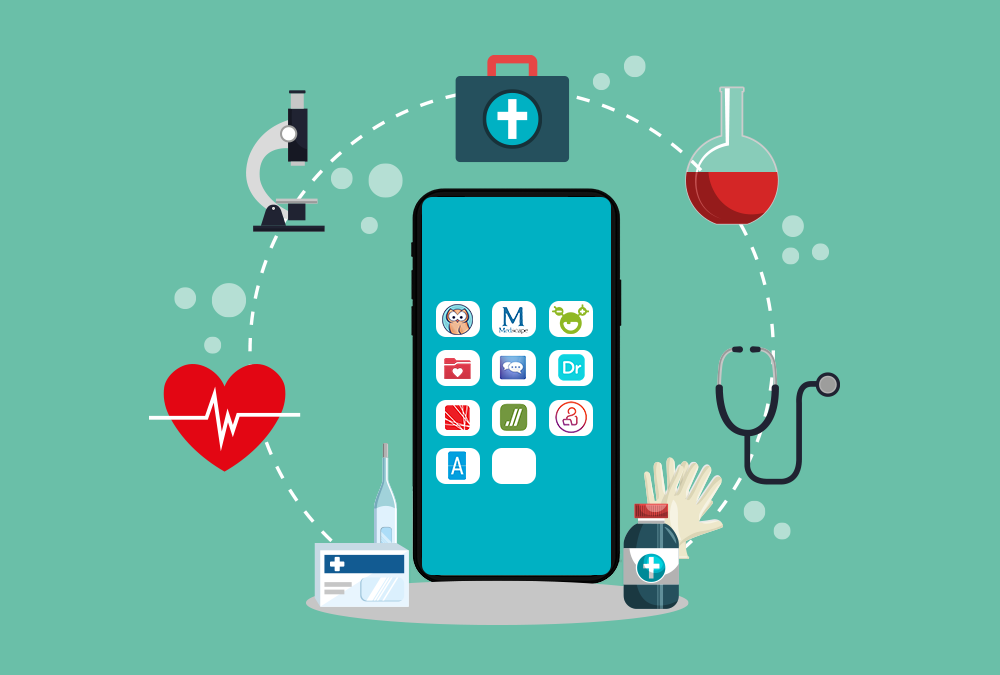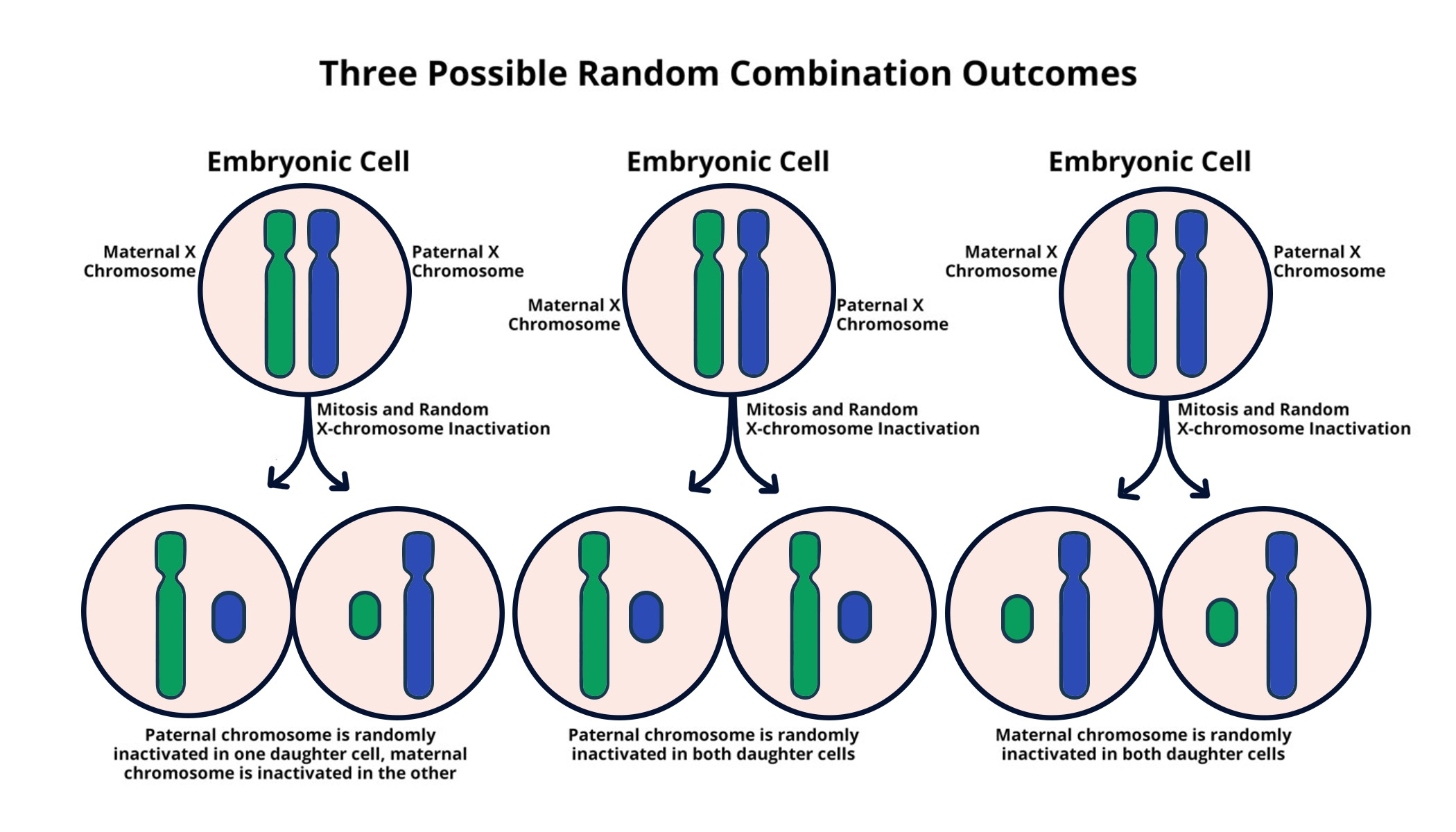
Healthcare Apps Transforming Patient Support and Recovery
In recent years, healthcare apps have emerged as transformative tools in modern medicine, offering users unparalleled support and guidance for their health management. These personalized healthcare apps harness cutting-edge technology, including AI healthcare solutions and reinforcement learning healthcare methods, to tailor interventions that suit individual needs. Specifically, cancer patient support apps are designed to assist patients during their recovery journey, providing real-time updates and reminders for medication adherence. By utilizing just-in-time adaptive intervention strategies, these applications ensure that users receive timely encouragement and assistance when they need it most. The intersection of healthcare and technology not only enhances patient outcomes but also empowers individuals to take charge of their health in innovative ways.
Digital health solutions, commonly referred to as health and wellness applications, are redefining the landscape of patient care and engagement. These innovative tools not only focus on chronic disease management but also provide dynamic support for various health conditions, including cancer care. Advanced mobile applications leverage artificial intelligence to offer personalized feedback and behavioral nudges, contributing to better adherence to treatment plans. By employing adaptive algorithms, these platforms are able to adjust recommendations based on user interactions, effectively delivering customized interventions that align with the user’s unique circumstances. As the demand for effective healthcare management continues to rise, the significance of these digital platforms becomes increasingly evident.
The Rise of Personalized Healthcare Apps
Personalized healthcare apps are revolutionizing the way patients manage their health and wellbeing. These innovative applications utilize advanced algorithms to provide customized support tailored to individual needs and preferences. By integrating data from multiple sources, such as user preferences and real-time health metrics, these apps are transforming healthcare into a more personalized experience. Patients no longer have to rely on generic advice; instead, they receive precise recommendations that can lead to better health outcomes.
For instance, personalized healthcare apps can assist in medication management by sending reminders that are optimally timed based on the user’s past interactions. This approach not only improves adherence but also reduces the frustration associated with traditional medication alerts. Moreover, as technology continues to evolve, the potential for even more sophisticated personalized healthcare solutions, such as integrating artificial intelligence and reinforcement learning, will enhance these apps’ ability to adapt to changing health conditions.
Supporting Cancer Patients with Innovative Apps
Cancer patients face numerous challenges during their treatment and recovery phases, including managing complex medication regimens and coping with side effects. Innovative apps designed specifically for cancer patient support are emerging as a vital resource. These applications leverage just-in-time adaptive intervention strategies to provide real-time assistance tailored to the specific needs of patients at various stages of their journey. By utilizing data analytics and user feedback, these apps ensure that support is delivered when it’s most needed.
For example, an app developed for stem cell transplant patients not only reminds users of their medication schedules but also engages them with interactive features, such as social support games that foster collaboration between patients and caregivers. This multifaceted approach aims to strengthen the bond between patients and their families, thereby improving overall adherence to treatment plans. Additionally, as patients share their progress through these applications, it enhances the data collected for ongoing algorithm refinement, resulting in a continuous cycle of better care and support.
AI Healthcare Solutions Transforming Patient Care
AI healthcare solutions are at the forefront of transforming patient care, providing new avenues for personalized treatment and support. These technologies utilize sophisticated algorithms to analyze patient data and deliver insights that enable clinicians to make informed decisions. By employing machine learning techniques, healthcare providers can identify trends and patterns in patient behavior, allowing for more precise interventions tailored to the individual’s unique circumstances.
Moreover, AI-driven applications enhance patient engagement by promoting proactive health management. For instance, a patient using an AI-powered app could receive timely reminders and motivational prompts based on their historical responses, effectively supporting them in adhering to prescribed protocols. This not only improves adherence rates but also fosters a more empowering patient experience, as users are actively involved in their health journey unlike ever before.
The Role of Just-in-Time Adaptive Interventions
Just-in-time adaptive interventions (JITAI) are an integral component of modern healthcare applications. These interventions aim to deliver support precisely when it is needed, taking into account the user’s current context and needs. By utilizing real-time data, JITAI can offer prompts and advice that align with a patient’s circumstances, increasing the effectiveness of these interactions. This dynamic approach is particularly essential for managing chronic conditions, such as cancer, where timely support can significantly impact treatment adherence and health outcomes.
For example, an app designed for cancer patients might analyze a user’s daily mood and medication adherence patterns to determine the optimal time for motivational messages. Instead of generic reminders, patients receive communications tailored to their emotional state and immediate needs, making the app feel more like a personal coach rather than an impersonal tool. This layer of customization is what makes JITAI a powerful strategy in the realm of healthcare technology, promising to enhance patient engagement and foster a greater sense of autonomy.
Reinforcement Learning in Healthcare Apps
Reinforcement learning in healthcare apps represents a significant advancement in the way health interventions are structured and delivered. This machine learning paradigm enables applications to learn and adapt from user interactions, improving their effectiveness over time. For instance, a healthcare app focused on medication management might adjust the frequency and type of reminders based on how well a patient adheres to their medication schedule in previous weeks.
By implementing reinforcement learning algorithms, these apps can personalize user experiences even further, recognizing patterns that contribute to successful health management. As users engage with the app, it becomes smarter and more attuned to their needs, thereby enhancing the likelihood of favorable health outcomes. This capability not only supports individual patients but also fosters a collective understanding of treatment efficacy across broader demographics, steering innovations in personalized healthcare.
Enhancing Family Caregiver Involvement
Family caregivers play a critical role in supporting patients through their healthcare journeys, yet they often face immense pressure and stress. Innovative applications aimed at cancer patients recognize this essential support system and enhance caregivers’ involvement through targeted features. These apps provide caregivers with the necessary tools and resources to effectively manage their loved ones’ health, ensuring they feel equipped for the responsibilities they undertake.
For example, a cancer support app may include functionalities that allow caregivers to set reminders, track medication adherence, and communicate with healthcare providers on behalf of the patient. By streamlining the information flow and facilitating coordination of care, these applications help lighten the burden on caregivers. Additionally, fostering a collaborative platform where patients and caregivers can share experiences and challenges enhances the emotional support network crucial for navigating the complexities of treatment.
The Impact of Healthcare Apps on Patient Engagement
Healthcare apps have shown a remarkable ability to boost patient engagement, leading to better health outcomes. By providing users with personalized tools and resources, these applications empower individuals to take charge of their health. Whether through medication reminders, goal-setting features, or informative content, these apps create an interactive experience that keeps patients informed and motivated throughout their care journey.
Engagement is further amplified by incorporating elements of gamification, where users can earn rewards for meeting health goals. This approach not only adds an element of fun but also encourages ongoing participation and adherence to healthy behaviors. As patients engage more with their health management, they develop a deeper understanding of their conditions and treatments, ultimately fostering confidence in navigating their healthcare choices.
Collaboration Between Technology and Healthcare Professionals
The collaboration between technology developers and healthcare professionals is vital in creating successful healthcare applications. By leveraging the insights of clinicians alongside the expertise of software engineers and data scientists, app development can more accurately reflect the real-world challenges faced by patients and caregivers. This synergy ensures that the final product meets both technical standards and clinical needs, fostering more effective health management solutions.
Effective communication between these diverse teams leads to innovations that are not only technologically advanced but also user-friendly and clinically relevant. For instance, incorporating feedback from medical practitioners during the development phase can inform the design of user interfaces and functionalities that address day-to-day patient needs. This collaborative approach helps bridge the gap between technology and healthcare, enhancing the overall effectiveness and acceptance of healthcare apps in real-world settings.
The Future of Healthcare with Digital Supports
The future of healthcare is poised to be significantly shaped by digital supports such as personalized healthcare apps. As technology evolves, these applications will become increasingly sophisticated, integrating more advanced AI algorithms and machine learning techniques to enhance user experience and outcomes. We can expect to see applications that not only focus on managing specific conditions but also encompass holistic health management, incorporating mental health, lifestyle, and social factors.
Moreover, as patient engagement continues to rise through these digital platforms, the potential for better health literacy and self-management will grow. The blend of technology and healthcare will usher in an era where individuals are more equipped to make informed decisions about their health, ultimately leading to a more effective and efficient healthcare system. The integration of personalized support will pave the way for a future where healthcare is truly tailored to the individual.
Frequently Asked Questions
What are personalized healthcare apps and how do they benefit users?
Personalized healthcare apps use advanced algorithms and artificial intelligence to deliver customized health support tailored to individual user needs. These apps adapt in real-time, ensuring users receive relevant reminders, motivational prompts, and guidance that can enhance medication adherence, promote healthy habits, and provide emotional support during recovery processes.
How do cancer patient support apps improve medication adherence?
Cancer patient support apps, such as those developed with reinforcement learning algorithms, significantly improve medication adherence by providing tailored reminders and interactive support based on the user’s past behavior and preferences. By considering the unique challenges cancer patients face, these apps can deliver timely interventions that encourage compliance with treatment protocols.
What role do AI healthcare solutions play in modern healthcare apps?
AI healthcare solutions enhance modern healthcare apps by enabling them to learn from user interactions and adapt their functionalities accordingly. This dynamic learning process allows apps to provide personalized health interventions, thereby improving user engagement and satisfaction while delivering essential health insights relevant to each individual.
What is just-in-time adaptive intervention in healthcare apps?
Just-in-time adaptive intervention refers to a method used in healthcare apps where support is delivered at the most opportune moments based on real-time data and user behavior. This approach helps address changing health needs and environments, ensuring users receive timely encouragement and assistance that can lead to better health outcomes.
How does reinforcement learning improve healthcare app experiences?
Reinforcement learning enhances healthcare apps by allowing them to continuously learn from user interactions, optimizing how the app interacts with each individual over time. This leads to a more personalized experience where notifications, reminders, and prompts are tailored to user preferences, increasing their effectiveness and keeping users engaged in their health management.
Why are family caregivers important in the context of healthcare apps for cancer patients?
Family caregivers are vital in managing the health of cancer patients, often taking charge of medication administration and emotional support. Healthcare apps designed for cancer patients typically include features to engage caregivers, helping to enhance communication and coordination, which ultimately benefits patient adherence and recovery outcomes.
What types of information do healthcare apps collect and how is it used?
Healthcare apps collect various types of information, including user behavior patterns, medication schedules, and health outcomes. This data is utilized to refine app algorithms, improve user personalization, and tailor interventions that resonate with individual users, resulting in a more effective health management tool.
How can technology in healthcare apps mitigate issues like missed medications?
Technology in healthcare apps can address missed medications by employing reinforcement learning algorithms that analyze user habits and patterns. These apps can then provide personalized reminders, adjust notification timings, and offer additional support resources to help users stay on track with their medication schedules.
What features should I look for in AI healthcare solutions?
When choosing AI healthcare solutions, look for features such as real-time personalization based on user data, adaptive interventions, user-friendly interfaces, interactive engagement strategies, and the ability to learn and evolve from user feedback and outcomes. These features enhance the app’s effectiveness and overall user experience.
Can healthcare apps assist with lifestyle changes beyond medication management?
Yes, healthcare apps can assist with lifestyle changes by incorporating tools for tracking exercise, diet, mental health, and mindfulness. By leveraging AI and user feedback, these apps can provide guided interventions that encourage healthier choices and promote overall well-being.
| Feature | Details |
|---|---|
| Target Users | Cancer patients, cannabis users, families of patients |
| Technology Used | Reinforcement learning algorithms, AI, and sensing technologies |
| Customization | Real-time personalization based on user interactions |
| Example App | ADAPTS HCT for stem cell transplant patients |
| Key Functionality | Sends motivational prompts and reminders customized to user needs |
| Collaborative Features | Engagement between patients and caregivers, including social support games |
| Current Projects | MiWaves for cannabis users, Oralytics for dental health |
| Future Goals | Enhance algorithm to improve patient interaction and adherence |
Summary
Healthcare apps are revolutionizing the way patients manage their health by providing tailored support through advanced algorithms. These innovative applications are designed with the unique needs of users in mind, enabling better medication adherence, enhancing patient-caregiver relationships, and offering real-time personalized encouragement. With projects like ADAPTS HCT, MiWaves, and Oralytics, healthcare apps stand at the forefront of patient care, turning complex health management into a more manageable and interactive experience.


